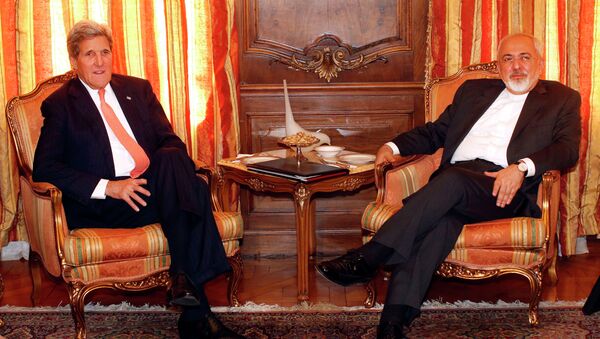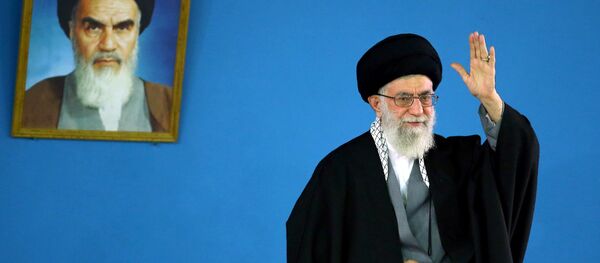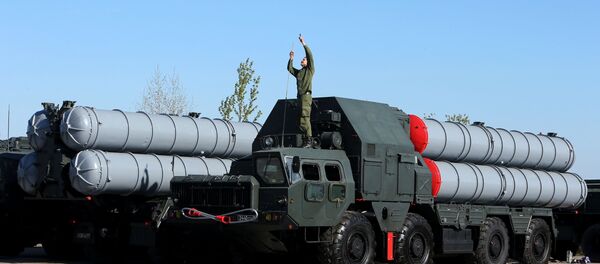That so-called “snapback” is a major sticking point for US and European negotiators, who want to be able to automatically reverse the easing of any UN sanctions if Iran reneges on the deal, sources told Reuters.
At the same time, Washington does not want to risk vetoes from Russia and China, which oppose such a snapback.
US Ambassador to the United Nations Samantha Power said Washington wanted to block Russia and China from issuing such vetoes in an Iran nuclear agreement.
"We're going to do so in a manner that doesn't require Russian and Chinese support or a vote for snapback… because we are in a different world in 2015 than we were when the sanctions architecture was put in place," Power said in an interview with Charlie Rose on Bloomberg television.
She did not offer any further explanation.
Power also said Washington hoped that reaching deal with Tehran would lead to a change in Iran's position on Syria, where it has supported President Bashar al-Assad in a four-year civil war against rebels seeking to oust him.
Negotiators were wrapping up nearly a week of talks in New York on Tuesday, the latest round in 18 months of discussions aimed at clinching a long-term deal by June 30 to curb Iran's nuclear program in exchange for an end to sanctions.
Iran, the United States, Britain, France, Germany, Russia, China and the European Union struck an interim agreement on April 2 in Switzerland. Talks are set to resume in Vienna next week.
Iran's chief negotiator in New York offered a positive assessment of the latest round of nuclear negotiations.
"The atmosphere of the talks was good and it is possible to reach the final deal by June 30," Deputy Foreign Minister Abbas Araqchi told Iranian state television.
However, Western diplomats told Reuters that Iran and the six powers were far from a long-term agreement due to divisions on sanctions, monitoring and other issues.
"We haven't found a mechanism that works for everyone yet," one diplomat was quoted as saying by Reuters.






